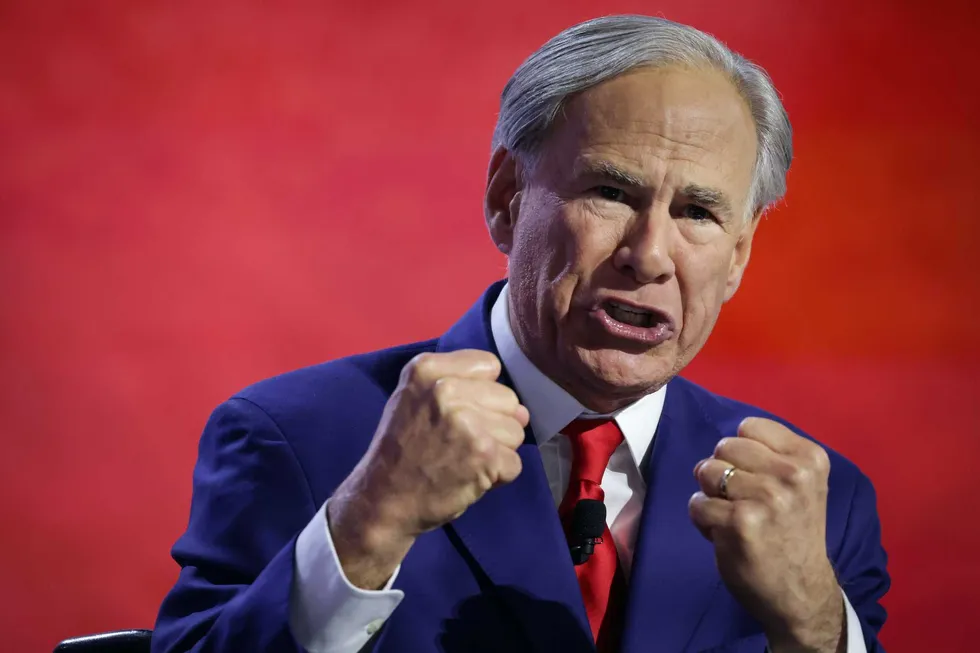Why We Need Fathers to Make the Family Name Great Again

Conservatives in politics and culture are wise to make fatherlessness a focal point of their family policy priorities.
Live Your Best Retirement
Fun • Funds • Fitness • Freedom
Children who grow up with both parents are more likely to attend college and less likely to go to prison. Conversely, father absence is linked to poverty, teen pregnancy, youth crime, worse academic outcomes, and substance abuse.
But there is something else that a society loses when millions of children grow up without a present father; namely, the power of the family name.
The concept of a “family name” begins with a surname (e.g., Smith, Williams), but definitely doesn’t end there. It also encompasses the “brand” a family develops within its community over time.
A good family name traditionally rested on the shoulders of its patriarch and its cultivation typically began before he had a wife and kids. A man known for a good work ethic, honesty, integrity, and wisdom would seek a woman who shared those values and brought her own—kindness, generosity, supportiveness—to the home.
A husband and wife with similar morals were—and still are—in a much better position to pass on those values to their children than a couple who share neither their last name, nor their home.
Parents in previous generations weren’t just concerned with maintaining a good family name. They also formed opinions about other families based on the behavior of their children. This is why they would warn their kids about hanging out with certain classmates or children in the neighborhood. Their instincts were backed up by the biblical wisdom that “bad company ruins good morals.”
This spiritual principle proves that the family name is not just a concept. It is also an important tool for governing the behavior of the entire household, especially children.
Fathers in decades past understood that a good reputation was hard to come by and didn’t want their children doing anything to embarrass the family.
Some cultures in other parts of the world still hold to these norms, but they are less common in America today for two interrelated reasons.
The first is that families are more fractured than in decades past. In 1970, roughly 10% of American children were born to unmarried parents. Today, the nonmarital birth rate is 40%, and one-in-four children live with a single parent—the highest rate in the world.
Americans are also marrying less and later in life. In fact, some parents live in neighborhoods where “DINK” (dual income, no kids) households are more common than large families. These changes in family life explain why some cities seem to invest more in dog parks than playgrounds.
The second reason is the cultural aversion to anything associated with shame and stigma. It is hard for a family, community, or society to enforce standards of behavior when its members are constantly chastised for “judging” people who violate the established norms.
In short, we live in a cultural moment where people are ashamed of nothing and offended by everything.
This problem transcends all of our most familiar social categories. It can be seen in the inner-city teens who carjack people at gunpoint. The same goes for affluent content creators who engage in sexual stunts for cash and clout.
In both examples, the strength of the family name should kick in when the conscience fails. It’s one thing for a teenager to be told that stealing could land him in jail and make it harder for him to get a job in the future. It’s another thing for his father to tell him that he shouldn’t steal because “that’s not what men in the Smith family do.”
Likewise, a father warning his daughter that her OnlyFans page will make it harder to find a good husband is not the same as him telling her that “Williams women have more to offer the world than their bodies.”
For some men, creating a good family name means building on the reputation his father, grandfather, and forebears established.
Unfortunately, the prevalence of fatherlessness and broken homes mean that other men must build a family reputation from scratch. The first step in creating a good family name is forming a strong family unit.
That means ensuring that the home is built on the foundation of marriage and that both husband and wife share similar values. A conservative Christian man will have a difficult time building a good family name if he marries a radical feminist, regardless of how beautiful she seems on the outside.
Dads everywhere need to think about the values they practice and want to pass on to their children. No one can control the family he is born into, but he can decide what type of family name he builds.
The post Why We Need Fathers to Make the Family Name Great Again appeared first on The Daily Signal.
Originally Published at Daily Wire, Daily Signal, or The Blaze
What's Your Reaction?
 Like
0
Like
0
 Dislike
0
Dislike
0
 Love
0
Love
0
 Funny
0
Funny
0
 Angry
0
Angry
0
 Sad
0
Sad
0
 Wow
0
Wow
0











































































